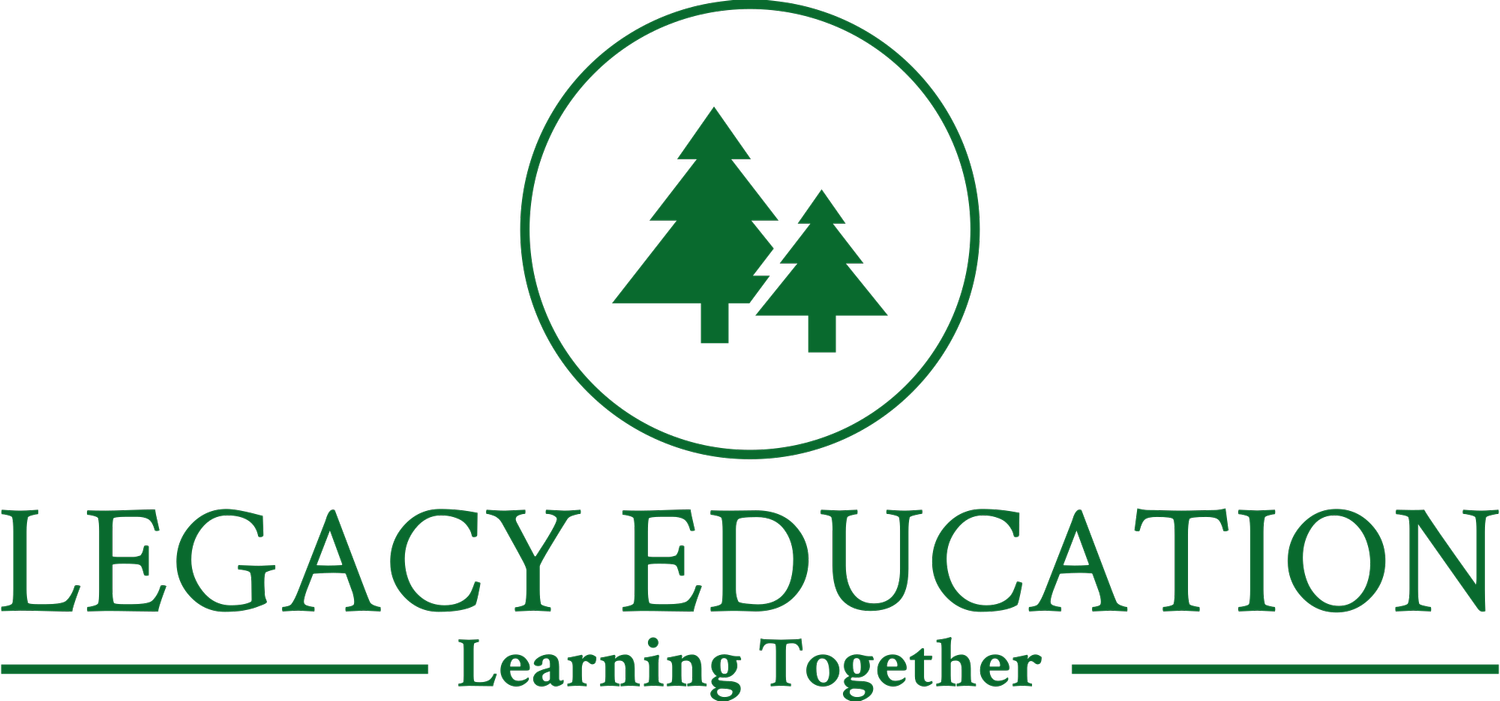Why It’s Time To Replace Outdated Teacher Standards
Does your state or country’s teacher qualification standards address any of these pressing classroom needs?
Sadly, we didn’t think so.
Let’s be real for a second. When was the last time a teacher pulled out your state or national teaching standards and thought, “Wow, this is exactly what I need to guide my day-to-day teaching and fix behavior!” If your answer is somewhere between "never" and "what standards?" you're not alone. Outside of end-of-year evaluations and bureaucratic hoops, most teachers rarely refer to these standards for any real, relevant purpose. And that’s a problem. They leave many teachers with a deficits-based framework. We, however, want to take this approach instead:
Teacher standards, as they currently exist, often feel outdated, irrelevant, and disconnected from the real challenges educators face today. They’re built on a framework that assumes all classrooms and students are the same and that a one-size-fits-all approach will magically work across the board. The truth? Teaching is messy, dynamic, and deeply human. It requires more than vague, checkbox-style assessments.
Enter Universal Best Practices (UBP)
UBP, or Universal Best Practices for All Learners, offers a refreshingly modern approach that should become the new standard for measuring teacher quality and success. It’s built around four critical areas: Communication & Interaction, Learning & Cognition, Social-Emotional Strengthening, and Executive Functioning. These areas aren't just academic buzzwords—they represent the real, practical skills that teachers need to engage students, manage classrooms, and foster long-term learning.
So why should UBP take the place of current teacher standards? Simple: UBP addresses what actually happens in the classroom.
1. Current Standards Are Increasingly Irrelevant
Traditional teacher standards are often written in language that feels disconnected from the reality of the modern classroom. The National Council on Teacher Quality (NCTQ) has pointed out how some of these standards are outdated or overly broad, leaving teachers feeling more like they're navigating a bureaucratic maze than actually being guided in their professional growth.
Meanwhile, UBP focuses on actionable indicators. How are teachers communicating with students? How are they supporting cognitive development? Are they fostering emotional resilience? These are measurable, real-world skills that teachers need every day—not just during evaluation time. Teachers are no longer looking for abstract lists to comply with; they want practical strategies to improve their teaching.
2. One-Size-Fits-All Is No Longer an Option
It’s impossible to deny the diversity of modern classrooms. From neurodivergent learners to students navigating difficult home lives, the old teacher standards don’t cut it. They weren’t designed to handle the complexities of today’s education landscape.
UBP, on the other hand, offers a flexible, personalized framework that acknowledges these complexities. By focusing on communication, cognition, social-emotional growth, and executive functioning, UBP provides a holistic way to assess and support teachers. This isn’t about making every teacher fit into a predetermined mold—it’s about giving them the tools to excel in the real, diverse classrooms they manage daily.
3. UBP Promotes Growth and Collaboration
Teacher standards often feel like a static set of rules—a list of do’s and don’ts. UBP, by contrast, promotes ongoing professional development and collaboration. Teachers who excel in one of the four core areas become leaders, helping others grow. This creates a culture of shared responsibility and professional growth, not just compliance.
The Collaborative for Academic, Social, and Emotional Learning (CASEL) emphasizes the importance of social-emotional learning for both students and teachers, but current standards rarely give this area the attention it deserves. UBP centers these skills, recognizing that a teacher’s emotional health and ability to manage classroom dynamics are just as important as their ability to teach math or reading.
4. The Future Demands Adaptation, Not Stagnation
Education is evolving rapidly. With technology like AI, hybrid learning, and ever-changing student needs, we can’t afford to cling to outdated standards that no longer serve teachers or students. The UBP framework is adaptive, forward-thinking, and designed to evolve alongside the needs of education.
It’s clear that the teaching profession is at a crossroads. The status quo isn’t working, and the old standards aren’t keeping up. UBP offers a chance to change that, focusing on what really matters—giving teachers the tools to thrive and students the opportunity to succeed. If we want our schools to prepare students for the future, it’s time we give our teachers a framework that actually helps them do their job.
So, what’s next?
Let’s stop clinging to standards that no longer serve us. It’s time to bring UBP into the conversation and let it guide the future of education—because our teachers and students deserve better.
Get in touch! Email me at adam@legacy-ed.com


